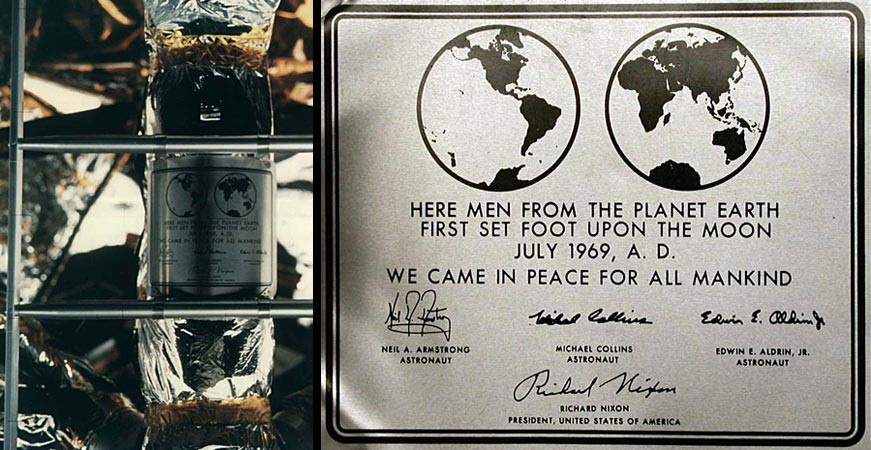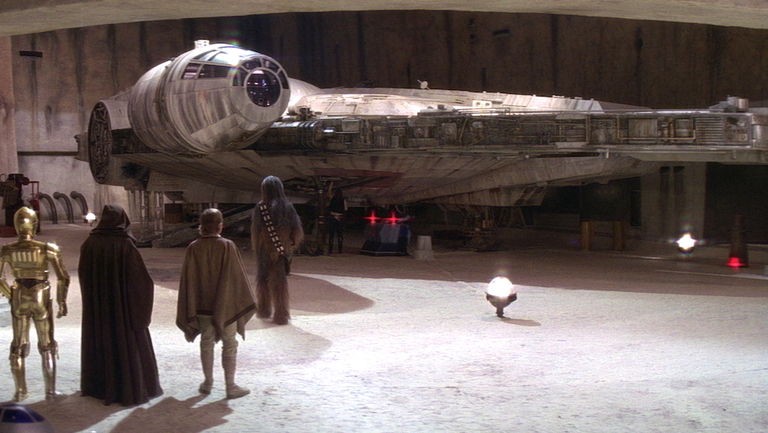Representative Adam Schiff, Democrat from California and Chairman of the House Intelligence Committee, responded today to Republican calls that he resign for supposedly spreading conspiracy theories against the man in the White House. His defiant words are nothing short of inspiring:
My colleagues might think it’s okay that the Russians offered dirt on the Democratic candidate for president as part of what’s described as the Russian government’s effort to help the Trump campaign. You might think that’s okay. My colleagues might think it’s okay that when that was offered to the son of the president, who had a pivotal role in the campaign, that the president’s son did not call the FBI, he did not adamantly refuse that foreign help — no, instead that son said he would ‘love’ the help with the Russians.
You might think it was okay that he took that meeting. You might think it’s okay that Paul Manafort, the campaign chair, someone with great experience running campaigns, also took that meeting. You might think it’s okay that the president’s son-in-law also took that meeting. You might think it’s okay that they concealed it from the public. You might think it’s okay that their only disappointment after that meeting was that the dirt they received on Hillary Clinton wasn’t better. You might think it’s okay. I don’t.
You might think it’s okay that, when it was discovered a year later that they had lied about that meeting and said it was about adoptions, you might think it’s okay that the president is reported to have helped dictate that lie. You might think it’s okay. I don’t.
You might think it’s okay that the campaign chairman of a presidential campaign would offer information about that campaign to a Russian oligarch in exchange for money or debt forgiveness. You might think that’s okay. I don’t. You might think it’s okay that that campaign chairman offered polling data, campaign polling data, to someone linked to Russian intelligence. I don’t think that’s okay.
You might think it’s okay if that the president himself called on Russia to hack his opponent’s emails, if they were listening. You might think it’s okay that, later that day, the Russians in fact attempted to hack a server affiliated with that campaign. I don’t think that’s okay.
You might think that it’s okay that the president’s son-in-law sought to establish a secret back-channel of communication with Russians through a Russian diplomatic facility. I don’t think that’s okay.
You might think it’s okay that an associate of the president made direct contact with the GRU through Guccifer 2.0 and WikiLeaks, that is considered a hostile intelligence agency. You might think it’s okay that a senior campaign official was instructed to reach that associate and find out what that hostile intelligence agency had to say, in terms of dirt on his opponent.
You might think it’s okay that the national security adviser-designate secretly conferred with a Russian ambassador about undermining U.S. sanctions, and you might think it’s okay he lied about it to the FBI.
You might say that’s all okay. You might say that’s just what you need to do to win. But I don’t think it’s okay. I think it’s immoral, I think it’s unethical, I think it’s unpatriotic and, yes, I think it’s corrupt, and evidence of collusion.
Now, I have always said that whether this amounts to proof of conspiracy was another matter. Whether the special counsel could prove beyond a reasonable doubt the proof of that crime was up to the special counsel and that I would accept his decision, and I do. He is a good an honorable man and he is a good prosecutor.
But I do not think that conduct, criminal or not, is okay. And the day we do think that’s okay is the day we will look back and say, that is the day America lost its way.
And I’ll tell you one more thing that is apropos of the hearing today. I don’t think it’s okay that during a presidential campaign Mr. Trump sought the Kremlin’s help to consummate a real estate deal in Moscow that would make him a fortune. According to the special counsel, hundreds of millions of dollars. I don’t think it’s okay that he concealed it from the public. don’t think it’s okay he advocated a new and more favorable policy towards the Russians, even as he was seeking the Russian’s help, the Kremlin’s help, to make money.
<End quote>
All of that happened. It’s real. It’s on the record. Like I said the other day, maybe Mueller couldn’t connect the dots to make a legal case (or maybe he wasn’t given the time he needed to make the connections, which is what I strongly suspect), but that doesn’t mean the dots aren’t there, or that they don’t stink.
See, here’s the thing: I make no secret of the fact that I’m a liberal Democrat. Many people would take that fact and assume that my feelings about the man currently occupying the Oval Office are simply partisan, that I must hate Trump because he is a Republican. Not so. I would despise Donald Trump regardless of what party he ostensibly belonged to, and in fact I did despise him long before this national nightmare ever began. I despise him because he is so transparently corrupt, so transparently hungry for power, so proudly ignorant, and so thoroughly lacking in empathy or anything resembling grace, class or dignity.
But you know what? I think I despise the Congressional Republicans who are defending him even more. Because they know what he is and what he’s doing, and they don’t care. These same Republicans who genuflect to the Constitution, who weep at the sight of the flag, these upstanding “family values” people who are so quick to weaponize the smallest transgression made by a Democrat and who will not ever let go of anything… these same people turn a blind eye to the sins of Donald J Trump. They claim that any question at all about the man’s behavior is all “conspiracy theories” and sour grapes for a lost election. “Trump Derangement Syndrome,” they call it.
Nope.You’ve got that wrong, guys.
What has us liberals so angry is the goddamn double standard that Republicans so easily traffic in… that, and the stink of corruption that Donald Trump has carried into the White House like dogshit on his shoes, and the stench of decay that’s growing stronger day by day as it oozes across our entire nation.
I try to be optimistic about the future, about the institutions and ideals that knit this scattered collection of populations and geographies into the thing we call America, but I have to be honest: I just don’t know how we’re going to come back from this. The America I thought I knew when I was young began to die when those idiots drove their planes into the towers. The bleeding accelerated when Americans cheered at the invasion of a country that hadn’t attacked us, chuckled at the images of people being tortured and scoffed at the thought that the Geneva conventions actually applied to us. I naively thought the fever might be breaking with the election of Barack Obama and the strides toward a more truly equal nation that were made under his administration. But then came the backlash. Then came Trump. Then came the racists and the homophobes and the gun-nuts and god-knows how many other kinds of reactionaries and regressives. And now the gleeful nihilists who read Ayn Rand in their teens and took her warped selfishness to heart are knocking out the pillars that hold everything up and half the population actually thinks it’s a good idea.
I’ve said it before many times, usually in reference to my feelings of having taken a wrong turn in my own life, but I’d really like to know just when and where I stepped through that wormhole into a parallel universe. And how the hell can I get back?
I want my country back.
No comments on this one. Not that I ever get any these days, but… yeah. No comments.



